Optimal Seasons for Concrete in El Dorado Hills
Concrete installations require specific environmental conditions for optimal curing and durability. The climate in El Dorado Hills influences the timing of these projects, with considerations for temperature, humidity, and precipitation. Planning during suitable seasons ensures long-lasting results and reduces potential issues such as cracking or improper setting.
Concrete sets best in moderate temperatures, typically between 50°F and 85°F. Avoiding extreme cold or heat helps prevent cracking and ensures proper curing.
Spring and fall generally offer ideal weather for concrete work in California. Summer can be suitable with proper shading, while winter may pose challenges due to colder temperatures.
Rain can delay concrete projects and compromise quality. Scheduling during dry periods minimizes risks and ensures a smooth installation process.
Dry, stable ground is essential. Heavy rains can cause soil instability, affecting the foundation and setting of concrete.
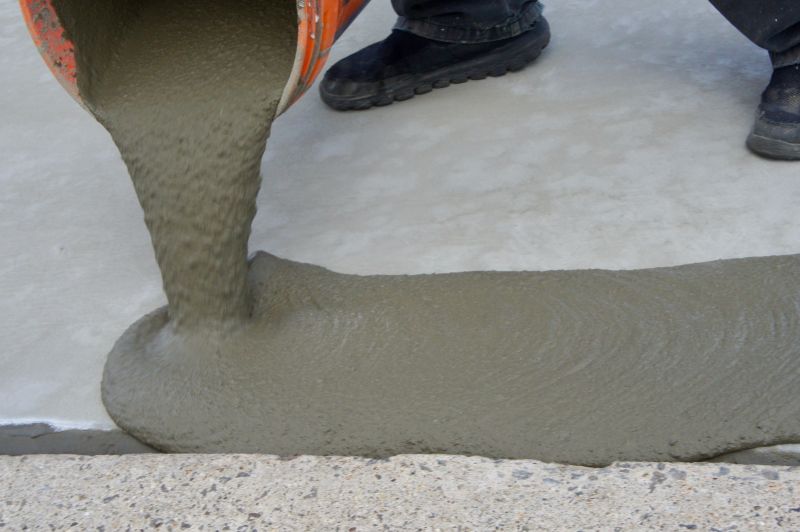
Ways to make Concrete Installations work in tight or awkward layouts.
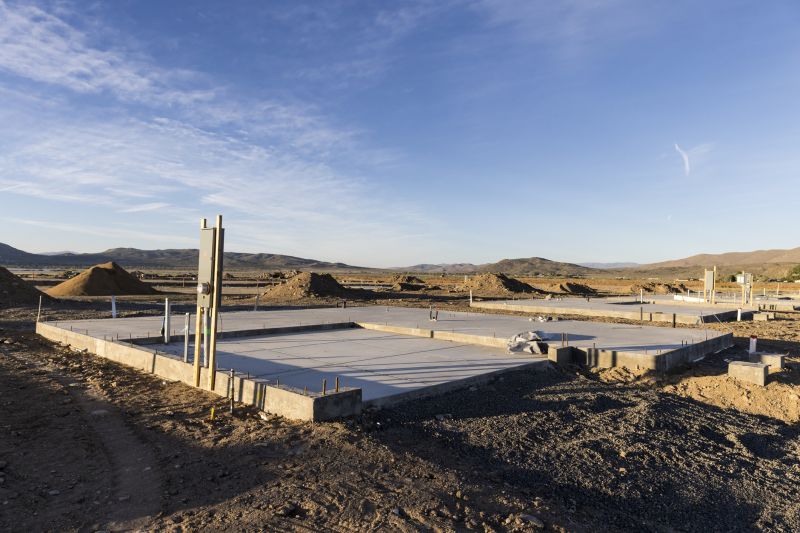
Popular materials for Concrete Installations and why they hold up over time.
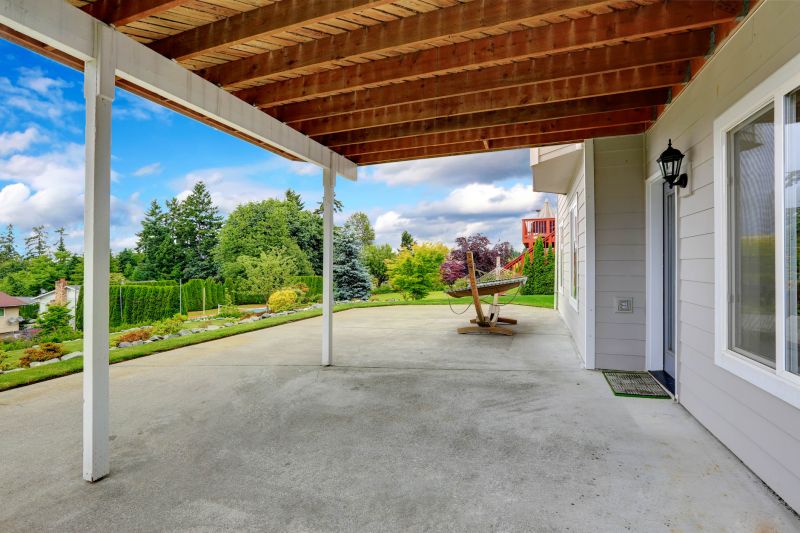
Simple add-ons that improve Concrete Installations without blowing the budget.
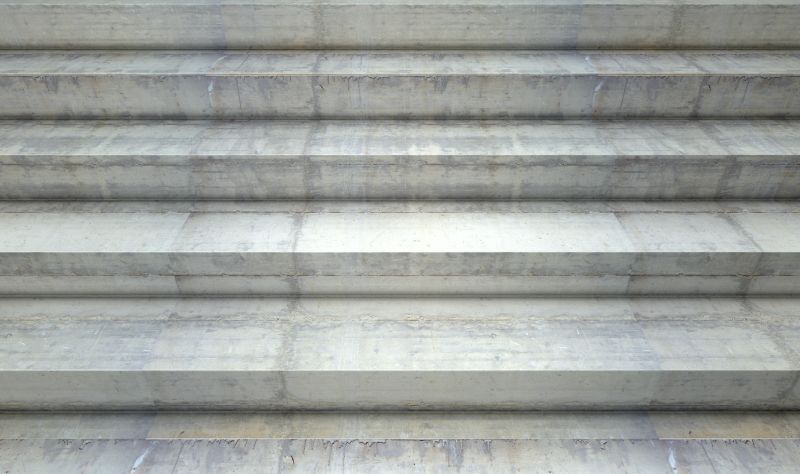
High-end options that actually feel worth it for Concrete Installations.
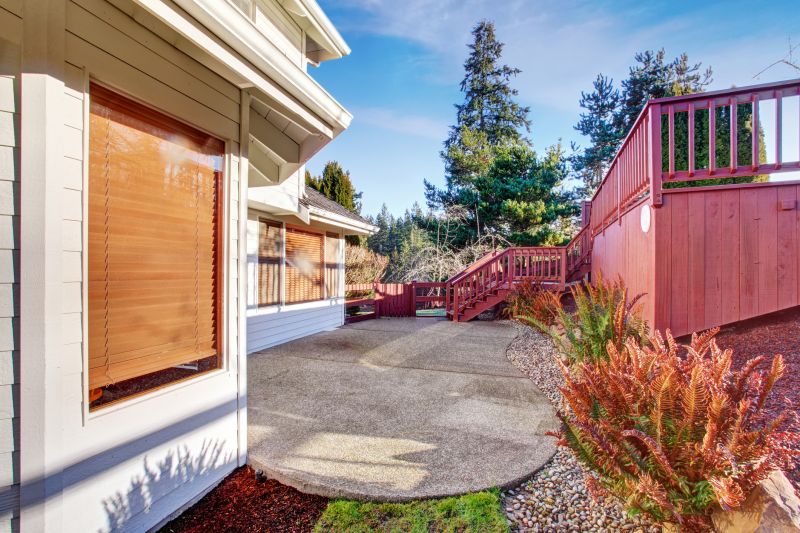
Finishes and colors that play nicely with Concrete Installations.
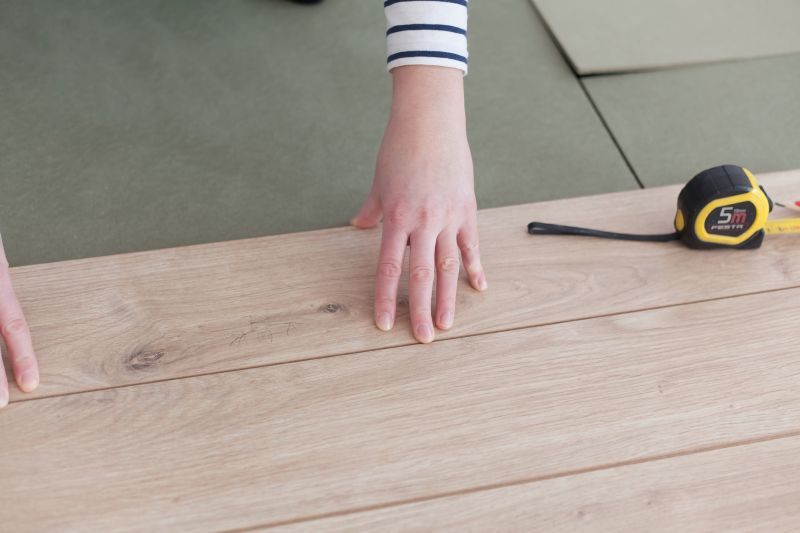
Little measurements that prevent headaches on Concrete Installations day.
| Season | Ideal Conditions |
|---|---|
| Spring | Moderate temperatures and low rainfall |
| Summer | Warm days with shade and hydration |
| Fall | Cooler temperatures and dry weather |
| Winter | Cold temperatures may delay or complicate installation |
Concrete installations are a critical component of many construction and landscaping projects. Proper timing ensures that concrete cures correctly, achieving maximum strength and longevity. Seasonal planning is essential to avoid issues such as cracking, uneven setting, or delays caused by adverse weather conditions. In El Dorado Hills, the most favorable periods are during the spring and fall, when weather is typically moderate and predictable.
Statistics indicate that concrete reaches about 70% of its strength within the first seven days after pouring, with full curing taking up to 28 days. Proper environmental conditions during this period are vital. Planning around weather patterns reduces the risk of project delays and enhances the durability of the finished surface.
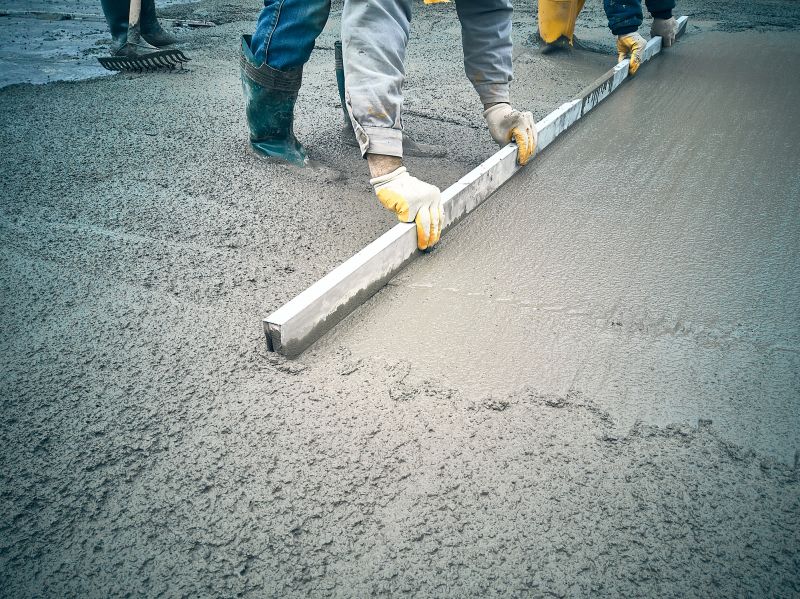
A 60-second routine that keeps Concrete Installations looking new.
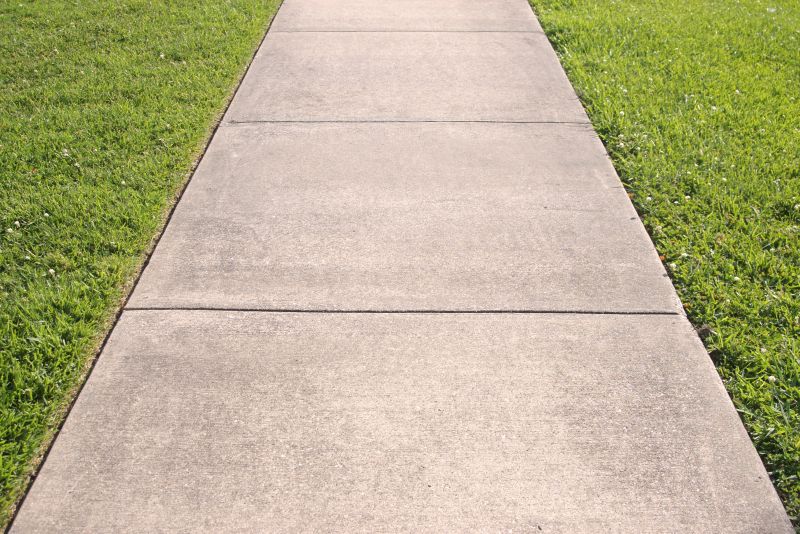
A frequent mistake in Concrete Installations and how to dodge it.
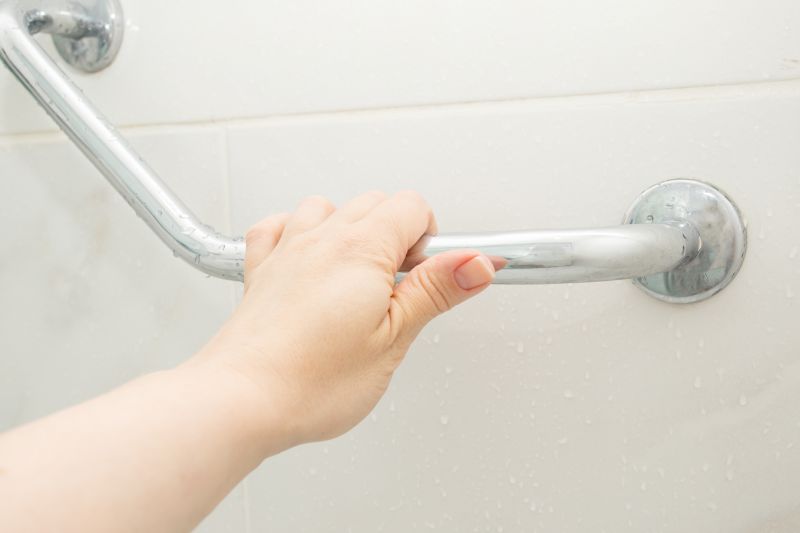
Small tweaks to make Concrete Installations safer and easier to use.
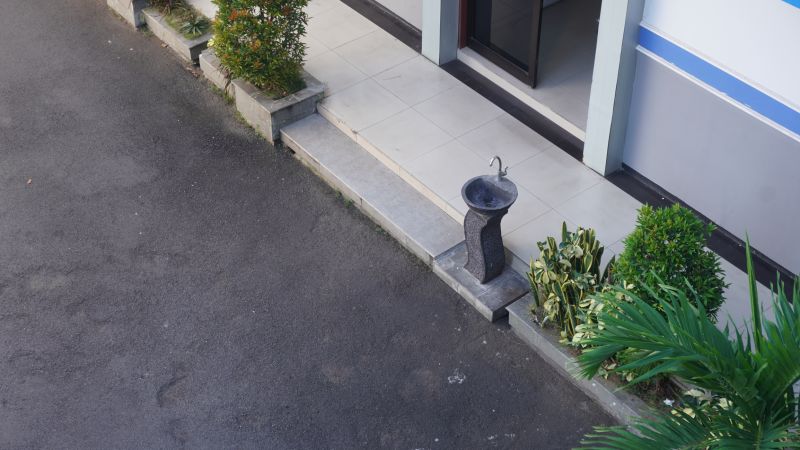
Lower-waste or water-saving choices for Concrete Installations.
Individuals interested in scheduling concrete installations are encouraged to contact for detailed planning and consultation. Proper timing can significantly impact the quality and longevity of the project, making early planning essential.
